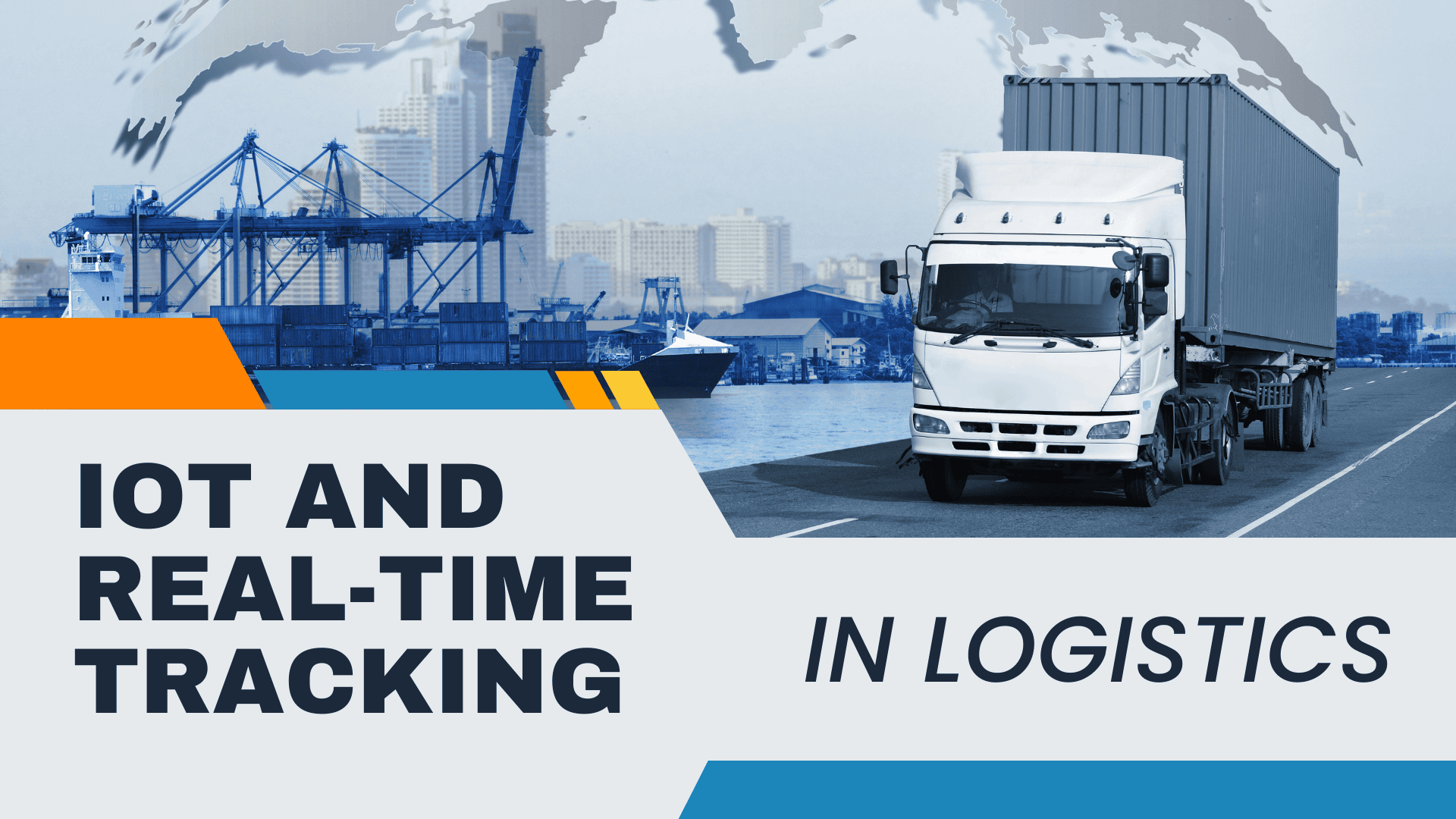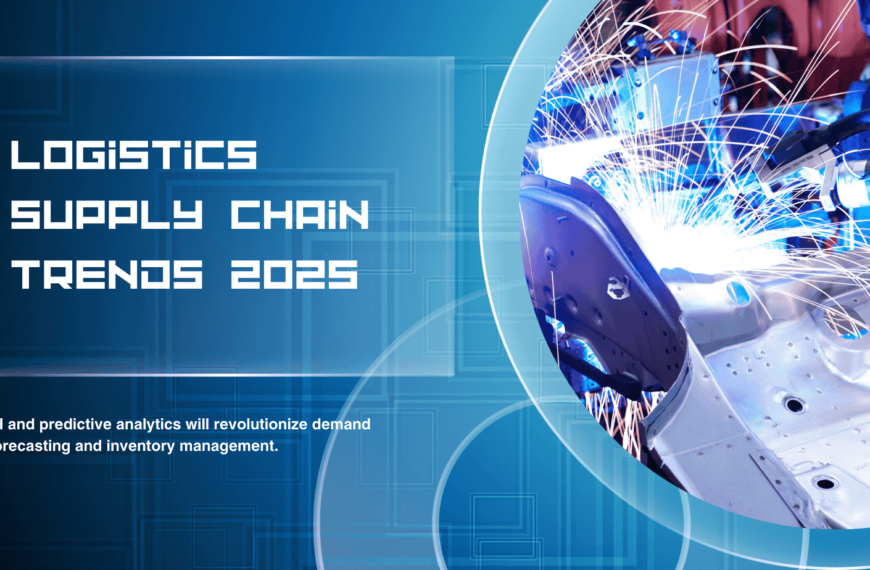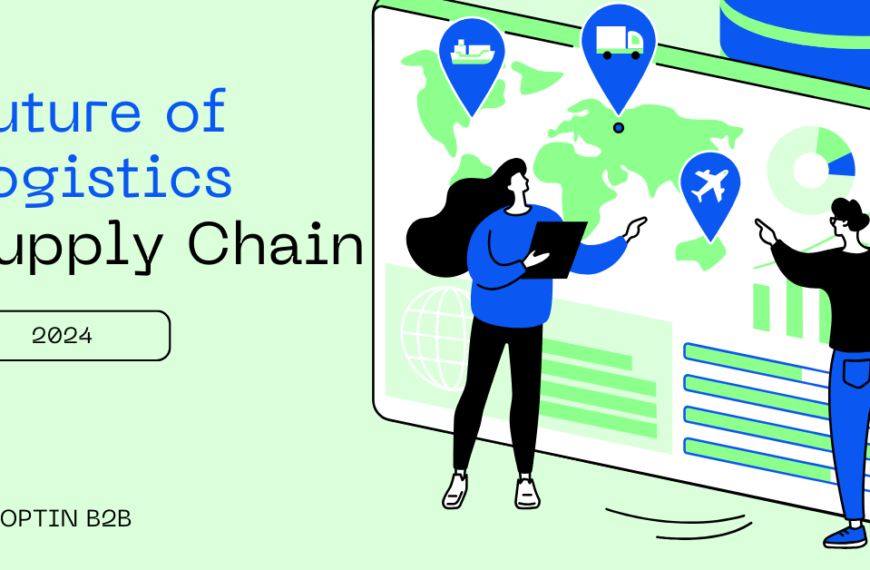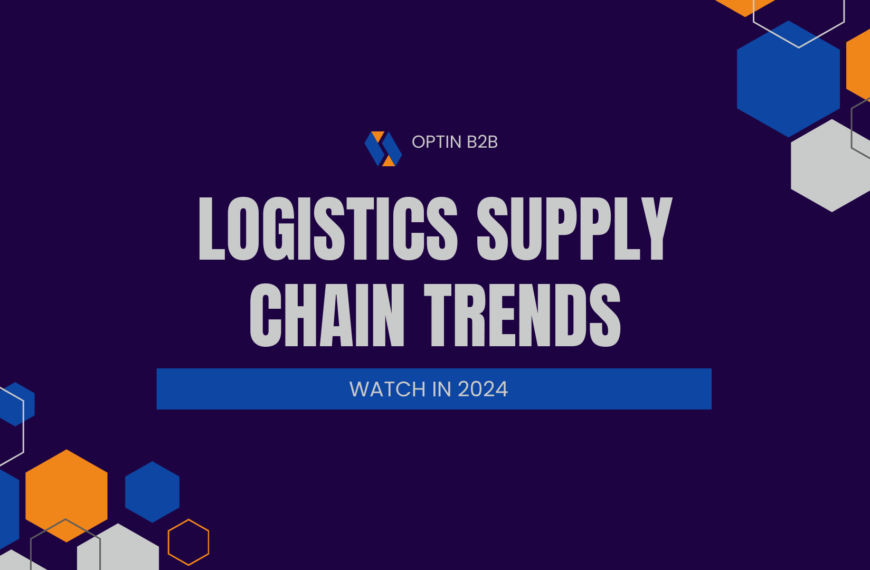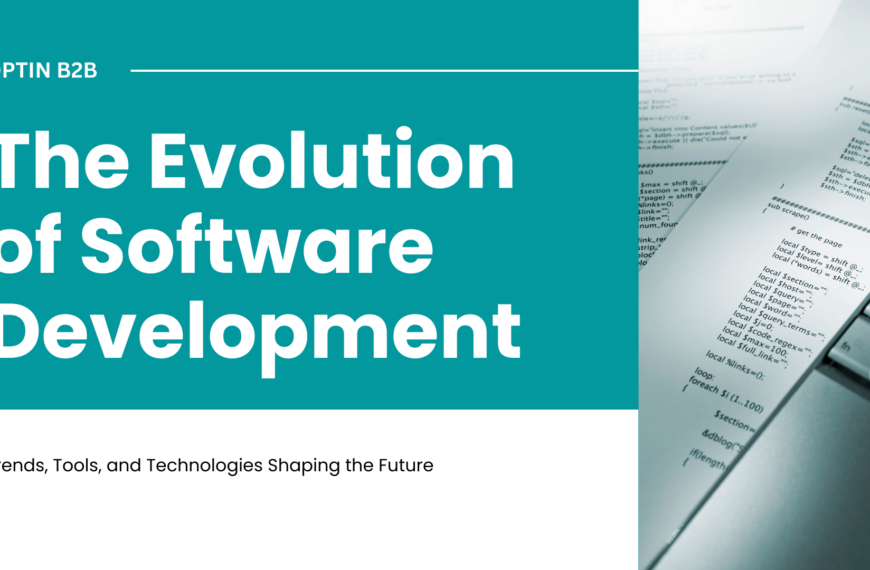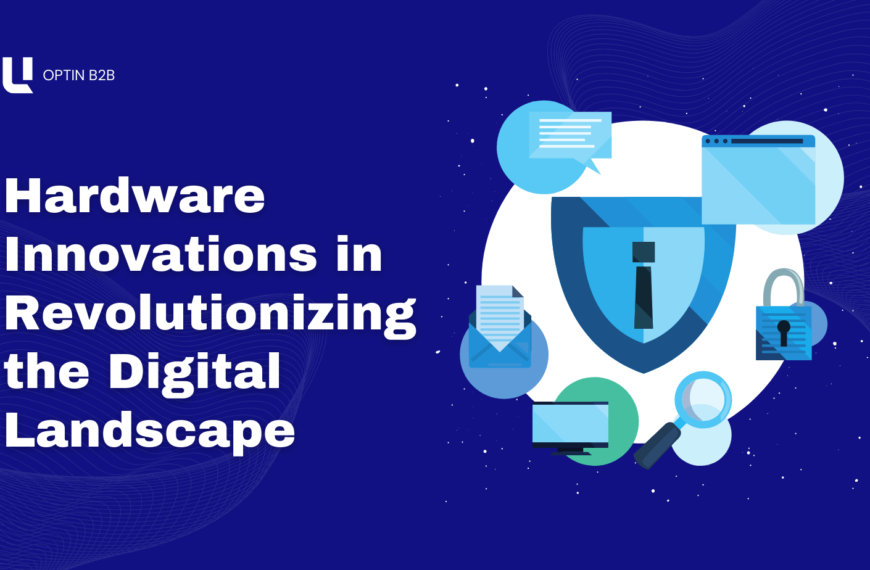The Internet of Things (IoT) has significantly advanced logistics by enabling real-time tracking and monitoring. Leading companies like Maersk utilize IoT to track shipping containers, providing precise updates on location and condition. This technology improves transparency, allowing businesses to optimize supply chains and quickly address delays.
IoT sensors monitor variables like temperature and humidity for sensitive goods, ensuring quality and compliance. FedEx employs IoT for predictive maintenance, reducing downtime and costs. As IoT adoption expands, it drives efficiency and fosters innovation, cementing its role as a cornerstone of modern logistics.
In addition to tracking and monitoring, IoT facilitates proactive problem-solving by offering actionable insights. For instance, predictive analytics enabled by IoT helps logistics firms forecast demand fluctuations, reducing inefficiencies. DHL leverages IoT for warehouse management, ensuring seamless operations through interconnected devices.
The integration of IoT also enhances customer satisfaction. With real-time data access, businesses can provide accurate delivery updates, building trust and reliability. Moreover, IoT-driven automation in areas like inventory management minimizes human error, streamlining the logistics process.
As technology evolves, IoT will continue to revolutionize logistics by introducing smarter, more adaptive systems. From autonomous vehicles to blockchain integration, IoT’s influence on logistics promises a future of heightened connectivity and innovation, shaping a resilient and efficient global supply chain.

